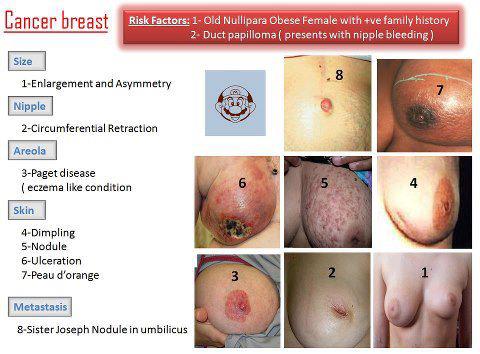A Positive Approach to Cope with Fertility Problems
Whether you have been diagnosed with a fertility problem or undergoing tests and treatments for infertility, it can be a stressful experience for you. How do you cope with such a situation? How do you handle the physical and emotional burden? Appropriate and adequate information, help and support can work as the saviour in such circumstances.
What could help couples in such situations? Here are a few tips that will be useful if you were trying to get pregnant for a considerable period with no results or if you are undergoing fertility treatments.
Prepare yourself: Diagnosis, tests and treatment for infertility may lead to anxiety and stress. Couples often have the question – 'why us'; there is often no answer for this. However, it is better to be aware of the details of the problem and the solution. Ask your fertility specialist about the steps in the test and treatment plan.
When you know about the fertility medications and treatments that the doctor plans to use in your case, you may feel less anxious. Moreover, it also helps you make informed decisions about how far you want to continue with the treatment.
Get help and support: Talking to a close family member or friend may be helpful in coping with the situation. Men and women often feel that they have failed because they cannot have a baby. Talking to a near one about your feelings helps you in releasing the thoughts that cause pain and sorrow.
At times, couples find it easier to discuss about their infertility problems with others in similar situations. The similarity in circumstances enhances effective communication between the couples.
You may talk to your general practitioner or avail of the counselling services at the fertility clinic you visit. This will be necessary before, during and after the fertility treatment. A specialist counsellor will have a clear idea about the pressures you have to endure in such a situation. He/she will also help you find ways to let go of the negative feelings.
Seek alternatives: Assisted Reproductive Technology can be an option if medications and other treatments have failed in your case. Your fertility specialist will be able to provide details about the suitable procedures.
You may also consider surrogacy, when a surrogate mother carries and gives birth to your baby. If it is a direct procedure, the egg from the surrogate mother will be fertilised by the sperm from the male partner and placed inside her uterus. If it is a host procedure, the gamete or embryo will be placed inside the uterus of the surrogate mother.
Another option you may also consider is adoption. This will fulfil your wish of becoming a parent and also help in providing a home and family to a child who does not have these. Whether you opt for adoption or surrogacy, seek advice before you make any decision.
Daniel Smith is a professional writer. In this article he has given idea on Women's Health, in particular surrogacy. The author is solely responsible for the views and images provided in the article. Google+ Twitter
What could help couples in such situations? Here are a few tips that will be useful if you were trying to get pregnant for a considerable period with no results or if you are undergoing fertility treatments.
Prepare yourself: Diagnosis, tests and treatment for infertility may lead to anxiety and stress. Couples often have the question – 'why us'; there is often no answer for this. However, it is better to be aware of the details of the problem and the solution. Ask your fertility specialist about the steps in the test and treatment plan.
When you know about the fertility medications and treatments that the doctor plans to use in your case, you may feel less anxious. Moreover, it also helps you make informed decisions about how far you want to continue with the treatment.
Get help and support: Talking to a close family member or friend may be helpful in coping with the situation. Men and women often feel that they have failed because they cannot have a baby. Talking to a near one about your feelings helps you in releasing the thoughts that cause pain and sorrow.
At times, couples find it easier to discuss about their infertility problems with others in similar situations. The similarity in circumstances enhances effective communication between the couples.
You may talk to your general practitioner or avail of the counselling services at the fertility clinic you visit. This will be necessary before, during and after the fertility treatment. A specialist counsellor will have a clear idea about the pressures you have to endure in such a situation. He/she will also help you find ways to let go of the negative feelings.
Seek alternatives: Assisted Reproductive Technology can be an option if medications and other treatments have failed in your case. Your fertility specialist will be able to provide details about the suitable procedures.
You may also consider surrogacy, when a surrogate mother carries and gives birth to your baby. If it is a direct procedure, the egg from the surrogate mother will be fertilised by the sperm from the male partner and placed inside her uterus. If it is a host procedure, the gamete or embryo will be placed inside the uterus of the surrogate mother.
Another option you may also consider is adoption. This will fulfil your wish of becoming a parent and also help in providing a home and family to a child who does not have these. Whether you opt for adoption or surrogacy, seek advice before you make any decision.
Daniel Smith is a professional writer. In this article he has given idea on Women's Health, in particular surrogacy. The author is solely responsible for the views and images provided in the article. Google+ Twitter




It's always a very stressful situation for couple going in test of infertility. These tips can be very helpful.
ReplyDeletefertility treatment